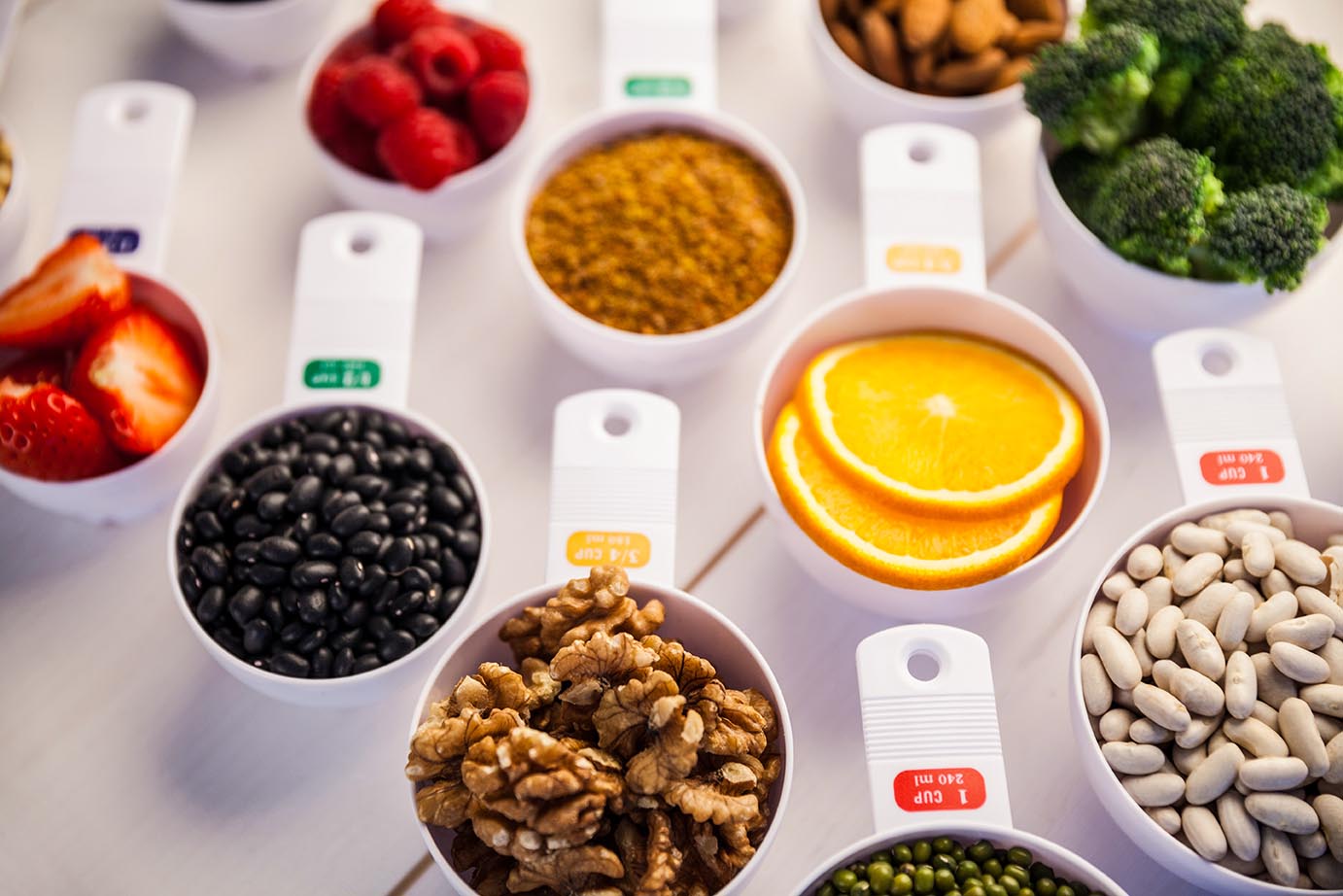We understand that nutrition plays a vital role in your overall well-being, especially during cancer treatment. Eating well can help maintain your strength, manage side effects, and support your body’s healing process.
What to Expect With Nutrition During Treatment
Cancer and its treatments—such as chemotherapy, radiation, or immunotherapy—can affect your appetite, taste, digestion, and ability to eat. These changes are common and can vary depending on your type of cancer and treatment plan.
Our goal is to help you make small, manageable dietary adjustments that support your health and energy. Good nutrition can help with:
- Managing treatment side effects
- Maintaining a healthy weight
- Supporting immune function
- Promoting faster recovery
Food Safety During Treatment
It is important to handle food safely during cancer treatment. Cancer and treatment can weaken your immune system and make you more prone to infection. This can include infection from foods. Here are some helpful tips to keep your food safe:
- Wash your hands before eating.
- Keep surfaces that come into contact with food clean.
- Keep hot food HOT and cold foods COLD.
- Avoid cross-contamination with raw meats and vegetables.
- Wash raw fruits and vegetables before eating.
- Avoid high risk foods such as undercooked eggs, meat, poultry, fish, shellfish, and unpasteurized milk or cheese.
- Thaw meats in the refrigerator and not on the counter.
- Refrigerate foods promptly after eating.
Appetite Changes
You may struggle with not feeling hungry or feeling full too quickly. Here are some tips to assist with that:
- Eat 5-6 small meals throughout the day, instead of 3 big meals.
- Try eating with friends or family or watching TV while eating to take your mind off the lack of appetite.
- Keep an eating and drinking schedule and set an alarm to remind you to eat.
- Keep snacks next to you during treatment or while in bed.
Key Nutrition Tips
- Stay hydrates. Sip water throughout the day and try electrolyte-rich fluids if needed.
- Focus on nutrient-dense foods. Aim for lean proteins, whole grains, fruits and vegetables.
- Manage treatment-related side effects with food. (e.g., soft foods for mouth sores, bland options for nausea)
- Listen to your body. Your needs may change daily – flexibility is key.
CONCLUSION
While nutrition during cancer treatment can be challenging and overwhelming, you do not have to navigate it alone. There are services out there to provide support, educational tools, and access to resources that can help guide your dietary decisions. Small steps can make a big difference in how you feel during treatment.


